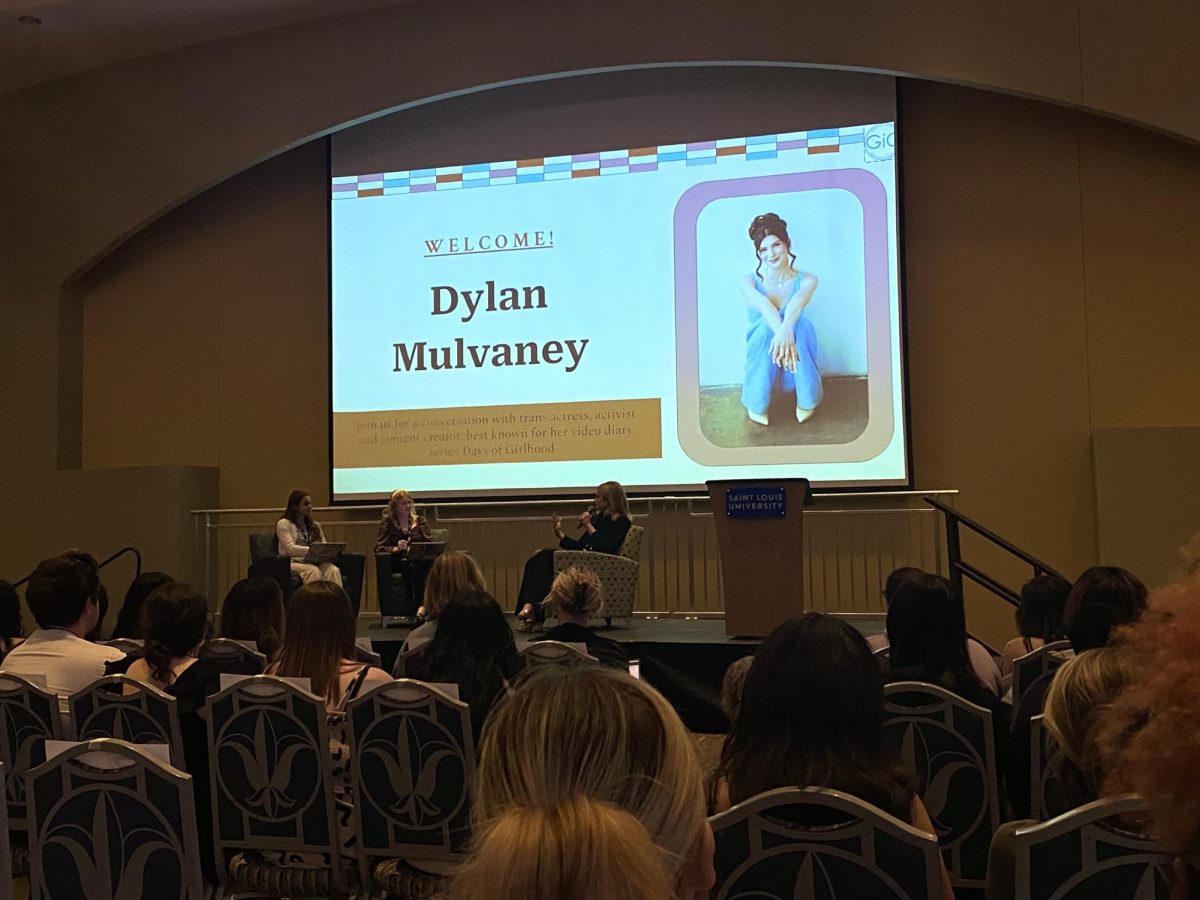All the world’s a marketplace, and we are merchants selling
ourselves in it.
In this increasingly global and competitive job market, there is
a growing need to sharpen your edge. For some people, the best way
is to go back to school.
Graduate school is the prime rib of educational achievement, the
pinnacle of intellectual stimulation and your passport into
academia. Most of all, it is the pathway to better career
opportunities.
There has been a gradual increase in students going to graduate
school, according to statistics from the U.S. Census Bureau. This
indicates the growing demand for more competent, skilled employees
in specialized fields, the most popular of which are in business,
medicine and education, according to the Princeton Review.
Assessing your career goal is essential to determine whether
graduate school is an option or a necessity. There are many job
opportunities offered to people with just a bachelor’s degree. But
for professional careers in law, medicine and higher education, an
advanced degree is the only way to go.
Aside from receiving additional training in the chosen field,
graduate studies also symbolize visions of a marketable resume,
great networking and above all, a fatter paycheck.
Studies show that people with an advanced degree earn more than
those with their bachelor’s.
According to the Census Bureau, in 1998 the average worker with
a bachelor’s degree earned $40,478 per year. Those with a master’s
degree earned $51,183 per year, and a worker with a doctorate
earned $77,445. These values are expected to increase over
time.
Sooner or later: How marketable will you be?
While graduate school may enhance your marketability, it’s not
always the deciding factor in being hired. More than anything else,
graduate school is a question of timing. An M.A. or M.B.A. won’t
weigh much if you’re applying for an entry-level job.
In fact, an advanced degree, which means a higher starting
salary for an entry-level job, may even hurt your chances at
employment, especially if you don’t have work experience.
Michael Shaner, a professor of management at Saint Louis
University, said, “An M.B.A. will make you more competitive in the
marketplace if your additional knowledge is above and beyond the
undergraduate degree. But that is, if the company is willing to pay
a premium or additional amount for an M.B.A. applicant.”
In communication and other related fields, a bachelor’s degree
may be sufficient to land you a job.
Susan Veidt of Fleishman-Hillard, one of the world’s largest
public relations companies, said advanced education is not a factor
when evaluating prospects or hiring.
“Relevant experience, strong written/oral communication skills,
chemistry/fit within our culture, an entrepreneurial spirit, high
motivation and excellent client service ethic are the critical
criteria,” she said.
While graduate school isn’t going to assure you of that first
job, it may help you move beyond it. Other factors such as work
experience, when coupled with an excellent graduate degree, can
enhance your prospects and showcase your potential. In that way,
“They’re using [graduate school] as a springboard for their
career,” said Jeff Headtke, a graduate school admissions counselor
at University of Missouri-St. Louis.
The advantage of graduate school is that it gives you additional
training in your field of expertise. In interviews conducted on
several graduate students, they all expressed that graduate school
pushes you meet people with different experiences and learn from
them.
However, admissions counselors advise not to go straight from
college to graduate school and allow yourself a few years of work
experience, or at least work part-time while completing your
degree.
For example, most business school programs encourage at least
two years of experience before applying to graduate school.
According to the Princeton Review, the chances of getting
into top business schools are slim if an applicant has little or no
work experience.
Surviving graduate school
Graduate school is all about the result–that is, the career of
your dreams–but getting there is a challenge. You must weigh the
costs and benefits of going to graduate school.
Unless you have a cut-and-dried goal of becoming a doctor or
professor, you should consider alternatives before embarking on an
advanced degree, such as an M.A. or Ph.D. While the sole pursuit of
knowledge is rewarding, such as in philosophy or history, you
should consider what to do with that degree.
Matt Lary, a history graduate assistant at SLU, said advanced
degrees in the humanities prelude to doctoral studies.
“All the M.A. students I know, their end goal is to be a
professor,” he said. “When you get into the arts, it’s either Ph.D.
or don’t bother starting this trip.”
Lary also stresses the intense workload and sleepless nights
that graduate students have to endure. They are expected to be
prepared, to be active and to excel in class.
Graduate students also struggle with money matters, although
many sources provide financial aid such as grants, fellowships and
assistantships. They usually come with a monthly stipend.
Because of financial problems and the pressure to study, there
have been many cases where graduate students never get to finish
their program. An advanced degree will increase your opportunities
in the marketplace, but you must consider all the other factors at
hand.






